Formal optician education and registration requirements in Canada are established by the individual provincial regulatory bodies along with the collaborative initiatives of the National Association of Canadian Optician Regulators (NACOR). The stated mission of NACOR is to provide a forum for networking and information exchange among the Canadian Optician Regulators. Representatives from each provincial body meet to create standards and processes for the industry.
Educational Requirements
In general, individuals who wish to become an optician in Canada must complete a dispensing program offered through an accredited educational institution. The Opticians Association of Canada (OAC) has endorsed the programs developed by the Northern Alberta Institute of Technology (NAIT). The optical programs offered through the NAIT are made available online and include an eyeglasses diploma, a certificate in contact lenses, a certificate in sight testing, and a certificate in the use of automated refracting. Each program is accredited by NACOR and is recognized by employers operating throughout the Country. Additional programs accredited by NACOR include the Georgian College Opticianry Program, Seneca College Opticianry Program, and the Douglas College Dispensing Optician Program. Each program is somewhat unique and the amount of time required to complete a program can be anywhere from one to four years.
Examination Requirements
Once an aspiring optician has completed an approved training program, they are required to pass the National Optical Sciences Examinations. These exams were developed out of the need for reciprocal licensing agreements among the provincial bodies and resulted in the adoption of the optical sciences 1 – eyeglasses examination and the optical sciences 2 advanced practice – contact lens examination. The handbook for both exams can be reviewed here. Dates and venues for upcoming exams can be found by clicking here. In order to take an exam, individuals must complete an application form. Those who are interested in the statistics from past exams can review them by clicking here.
Provincial Registration
Following the successful completion of a training program and the national optical sciences exams, an optician is required to register with the regulatory body in their province before providing services to the public. Links to provincial bodies are provided here…
1 ) Alberta
2) British Columbia
3) Manitoba
4) New Brunswick
5) Newfoundland and Labrador
- The Dispensing Opticians Board of Newfoundland and Labrador
- Newfoundland Guild of Dispensing Opticians
6) Nova Scotia
7) Ontario
8) Prince Edward Island
- Prince Edward Island Board of Dispensing Opticians
- PEI Dispensing Opticians Association
9) Quebec
10) Saskatchewan
Provincial Expectations
Although most of the Canadian Provinces have adopted similar optician education, training, examination, and registration requirements, it is a good idea to review the expectations of your local regulatory body before enrolling in an educational program or scheduling an examination date. Careful review of the laws that affect you can save a lot of time, money, and frustration when attempting to enter this profession in Canada and can accelerate the career advancement process.

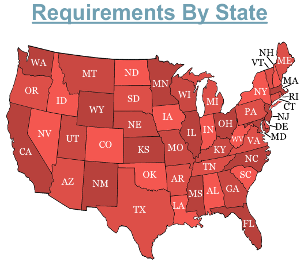

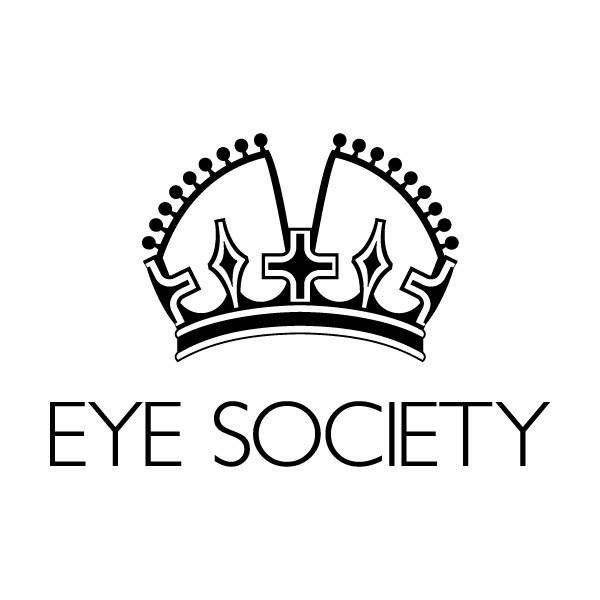

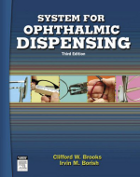
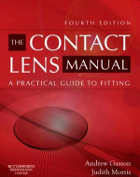
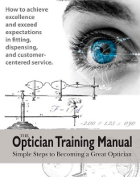

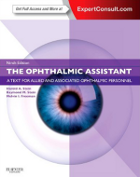
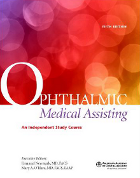
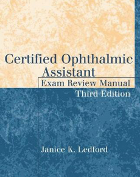
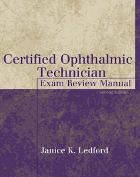
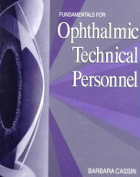
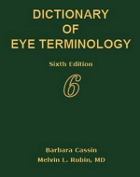
Hello,
I have to reinvent my professional role and have been looking into opthomalogy. I have found that there are two areas with different educational paths and I am wondering if you can help clarify them for me please.
One is the Optician program
The second is Optometric Assistant
What is the difference between the two? Does it depend on the place you work?
Your assistance is greatly appreciated, thank you.
Christina
good day , I’m a qualified dispensing optician from South Africa, I would like to come and work in Canada and also further my studies doing optometry I dont know we’re to start pls help with some info
If I am a registered Optician in Ontario, what do I need to practice in Quebec?
I am also registered by the American Board of Opticianry and all they require is a letter of good standing from Ontario. Would it be the same in Quebec?